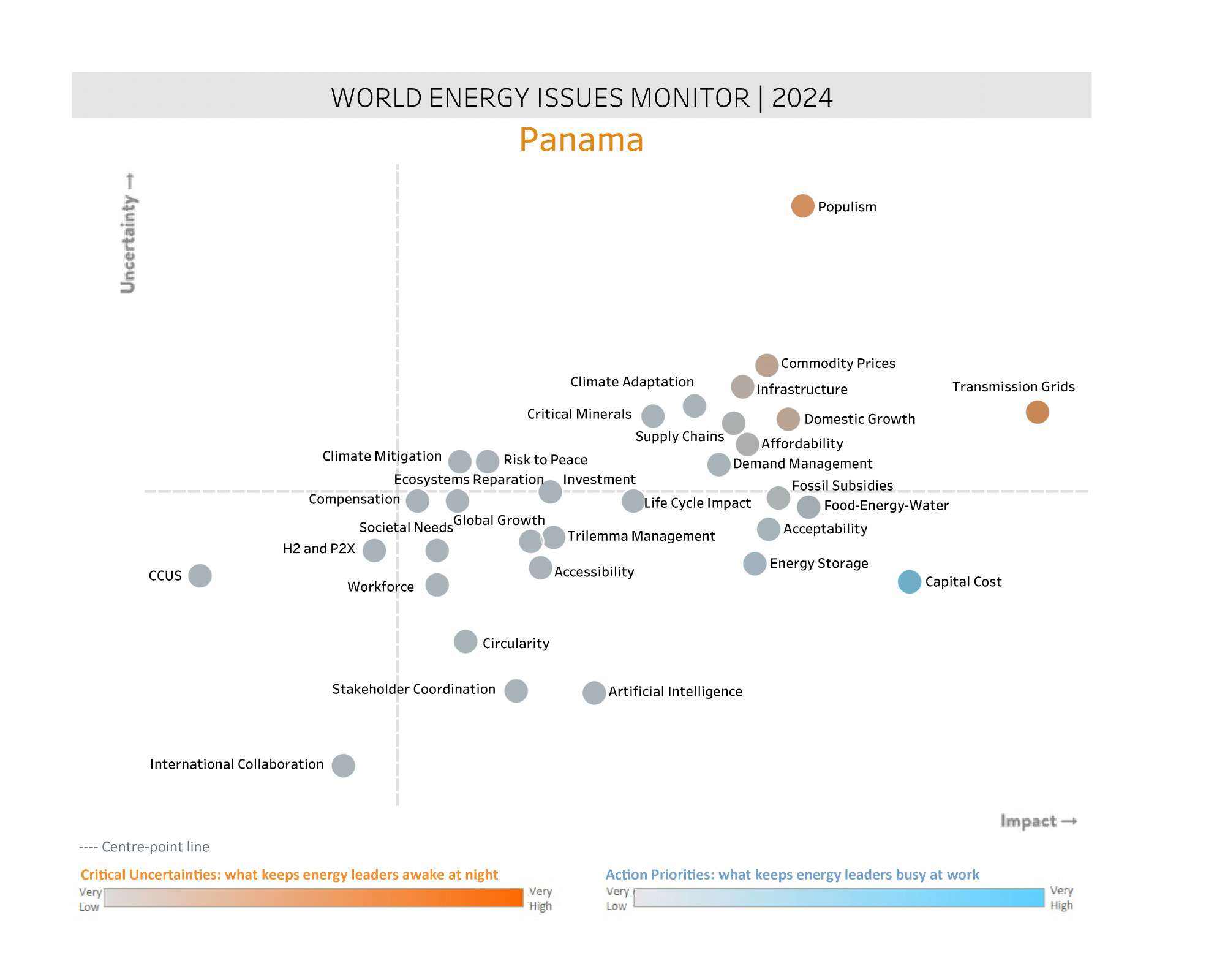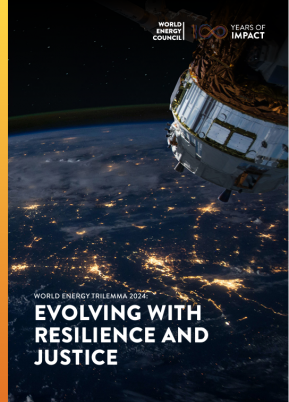Hector Cotes holds a bachelor's degree in Industrial Engineering and two master’s degrees: one from INCAE Business School and another from Nova SouthEastern University, Florida.
He is currently the General Manager of Electron Investment, S.A (EISA), a renewable energy generation company of 86MW installed capacity. Previously he served as CFO of Grupo Eleta. His experience includes the VP of Operations of Profuturo (administrator of private pension funds of the Banco General Group) and several management positions in the Panama Canal (Capital Program Coordinator, Cost Manager, Risk Manager, among others).
Mr. Cotes is Immediate Past President (2017-2018) of the Panamanian Association of Business Executives (APEDE), where he has been active since 2004 and member of the Board of Directors on several occasions, serving as Vice President and Secretary of Finance. He is currently Vice President of the National Committee of INCAE Business School for Panama.
In October 2018 and again in 2019 he was recognized as one of the top 75 executive leaders of Panama with the best professional reputation by Summa Magazine and MERCO.
Energy in Panama

Panama has well-defined public policies aimed at facilitating a just and inclusive energy transition. This transition is driven by changes in consumer behaviour, the incorporation of modern and less polluting fuels, the reduction of electricity generation based on liquid fossil fuels in favour of natural gas and non-conventional renewable technologies, the development of electric mobility, and the promotion of distributed generation or solar PV.
The trust in Panama's electricity market is reflected in the growing capacity of solar and wind renewable generation, along with the implementation of distributed solar PV. However, in this edition of the World Energy Issues Monitor, the transmission grid emerges as the primary uncertainty and a priority action. With the escalating installed renewable capacity, there is a heightened concern regarding the necessary investment in transmission capacity and the establishment of resilient, modern networks. This is essential to keep up with the pace of investment and ultimately accomplish decarbonization goals.
Prioritizing the integration of energy storage into the Panamanian regulatory framework is recognized as a critical action, enabling its role as a flexible element within fluctuating and decentralized power systems. In this context, the initial set of regulatory adjustments received approval last April, and the evaluation of the operational rules of the National Electricity System is currently underway. This preparation is for the long-term energy procurement tender scheduled for this year, with expectations to receive bids including battery storage systems.
Despite Panama's stable economic growth, concerns regarding domestic growth and capital cost have arisen, possibly related to the protests against the Mining Contract in October 2023. The Supreme Court of Justice deemed this contract unconstitutional in November 2023, resulting in a decline in the country's growth prospects and investment rating. Consequently, it is anticipated that the incoming government, assuming office on July 1, 2024, will enact initiatives and ventures aimed at revitalizing the nation's economy and reducing fiscal deficit levels.
Maintaining the water levels necessary for human consumption, electricity generation, and the operation of the Panama Canal is a challenge associated with the climate crisis that requires timely action to mitigate its impacts. To this end, Panama continues to work on implementing the national climate change strategy 2050, the climate change adaptation strategy, and their Nationally Determined Contributions under the commitments of the Paris Agreement.
The Panama Canal has announced the creation of a more robust comprehensive sustainability strategy, based on the Canal's environmental leadership and the development of business opportunities focused on decarbonization, adaptation, and energy transition. New short-, medium-, and long-term goals will be established, with the aim of implementing aggressive emissions reduction targets beginning in 2025.
The introduction of a state policy in 2023 to subsidize the consumption of liquid fuels used in national transportation accentuates concerns regarding commodity prices—a challenge Panama faces as it relies entirely on imported fuels. In response, the National Energy Secretariat is actively promoting the development of green hydrogen technology through its National Green Hydrogen Strategy, capitalizing on Panama's strategic geographical position to establish a regional hub for green hydrogen, as well as the ongoing promotion of EV technology.
Acknowledgements
Panama Member Committee
Downloads

Panama Energy Issues Monitor 2024
Download PDF
World Energy Issues Monitor 2024
Download PDF









